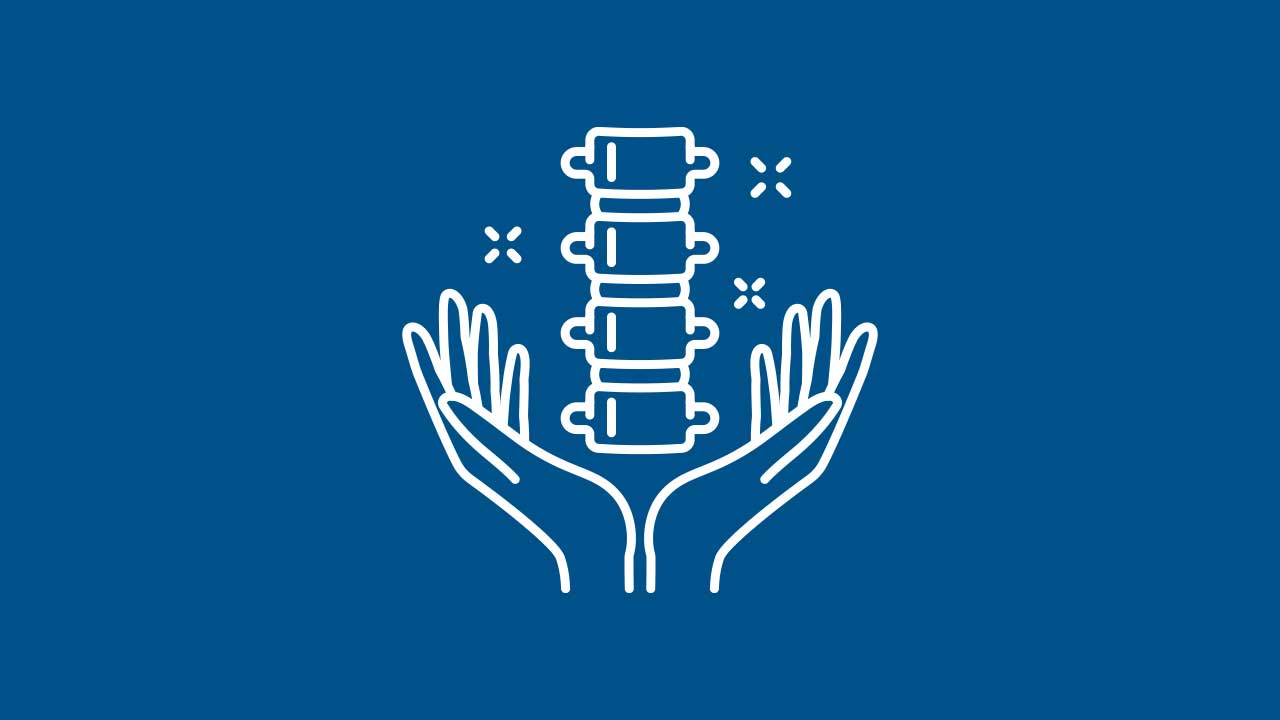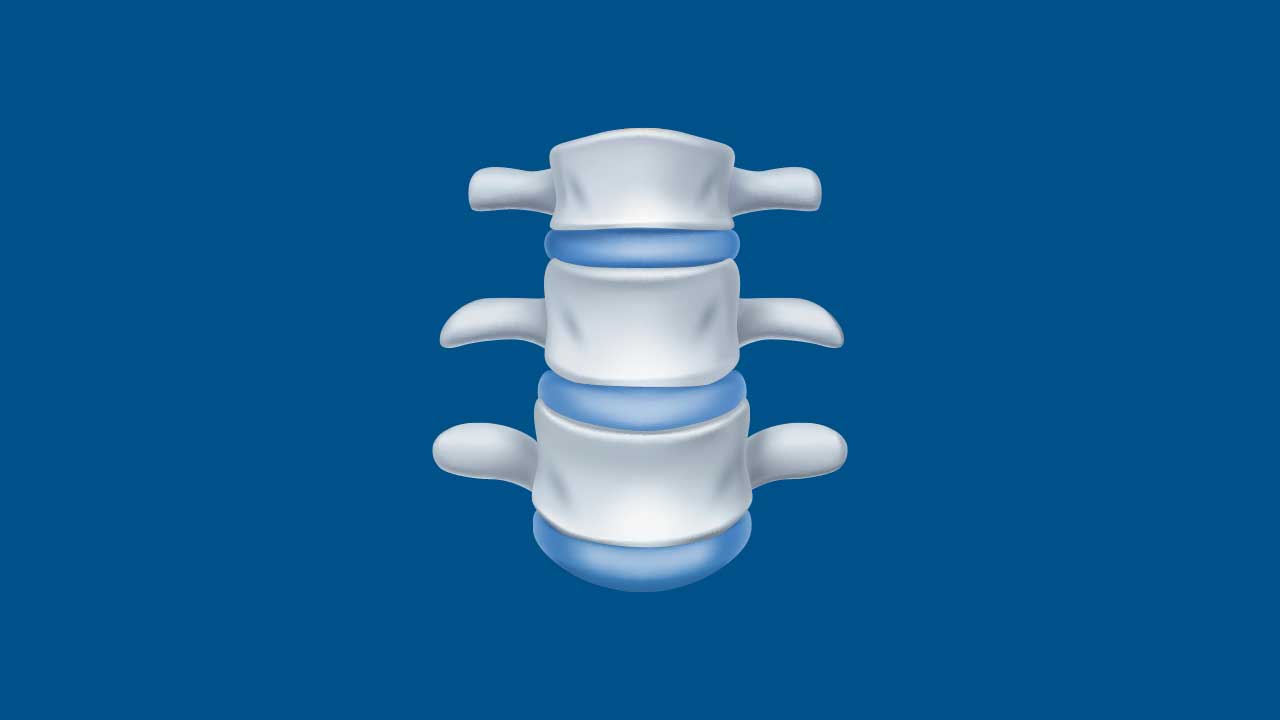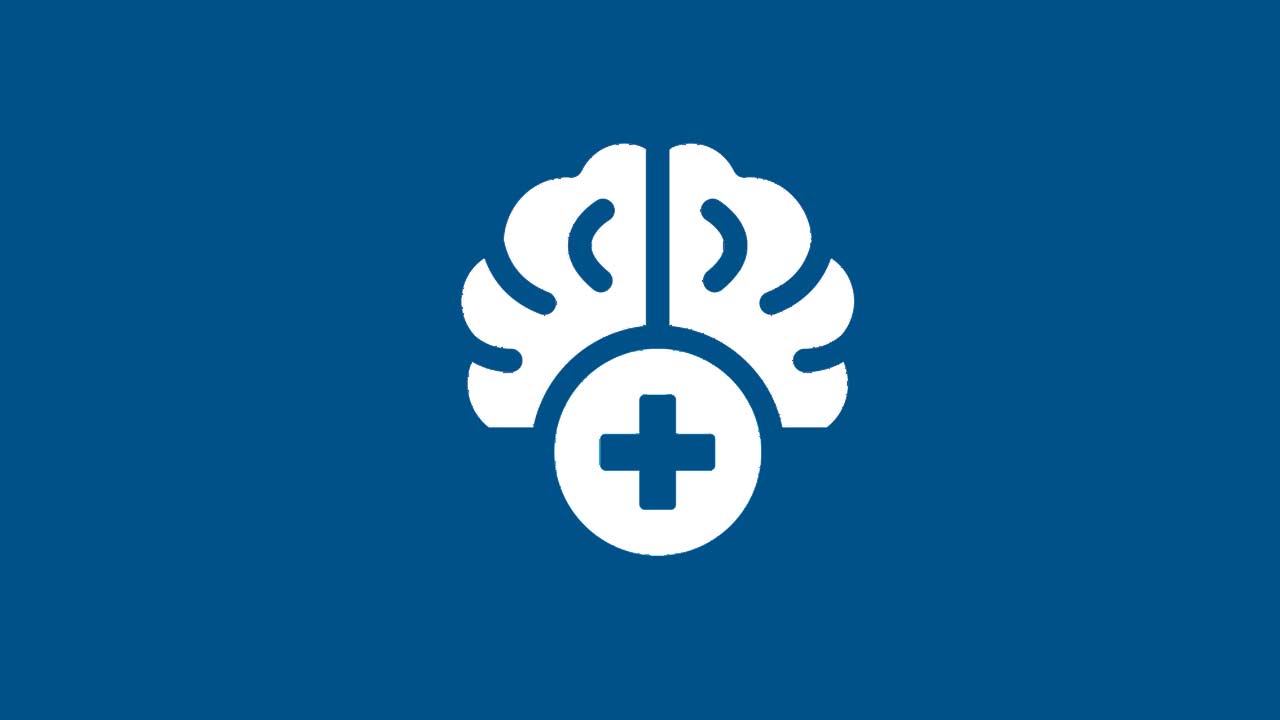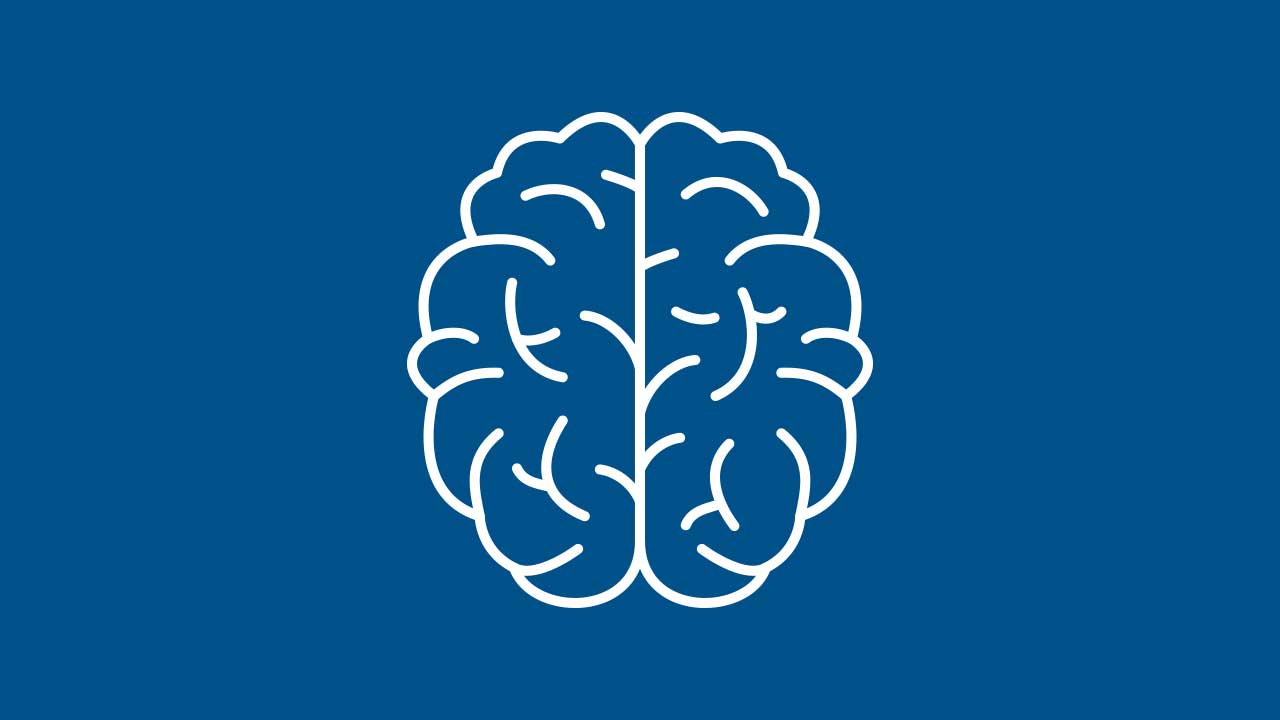Chronic Neuropathy
Chronic Neuropathy: Understanding, Diagnosing, and Managing Long-Term Nerve Pain
Chronic neuropathy, also known as peripheral neuropathy, is a condition characterized by prolonged damage or dysfunction of the peripheral nerves—those that connect the brain and spinal cord to the rest of the body. This nerve damage often leads to persistent pain, numbness, tingling, or weakness, primarily in the hands and feet, though it can affect other areas as well. Living with chronic neuropathy can significantly impact daily activities, mobility, and overall quality of life. Below, we offer a detailed exploration of the causes, symptoms, diagnostic processes, and comprehensive treatment options available to manage chronic neuropathy effectively.
Understanding Peripheral Nerves
Peripheral nerves transmit vital signals between the central nervous system (the brain and spinal cord) and various parts of the body. These nerves play essential roles in sensation, muscle function, and involuntary actions like digestion and heart rate regulation. Damage or disruption to these nerves can lead to neuropathy, resulting in altered sensations and impaired function.
Causes of Chronic Neuropathy
Chronic neuropathy can stem from various underlying conditions, lifestyle factors, or inherited diseases:
Medical Conditions
- Diabetes: The most common cause of neuropathy, particularly when blood sugar levels remain consistently high over time.
- Autoimmune Diseases: Conditions like rheumatoid arthritis, lupus, or Guillain-Barré syndrome, where the immune system attacks the nerves.
- Kidney and Liver Disorders: Chronic kidney disease or liver disease can disrupt nerve function by allowing toxins to build up in the body.
Nutritional and Metabolic Factors
- Vitamin Deficiencies: Particularly vitamin B12, folate, and vitamin E, which are vital for nerve health.
- Alcoholism: Long-term excessive alcohol use can severely damage peripheral nerves.
Toxic Exposure
- Exposure to toxic substances, including heavy metals (lead, mercury) and certain medications (chemotherapy drugs), can cause neuropathy.
Infections
- Viruses such as HIV, Lyme disease, or shingles can lead to peripheral nerve damage.
Hereditary Disorders
- Genetic neuropathies, like Charcot-Marie-Tooth disease, involve inherited nerve damage.
Risk Factors
Chronic neuropathy risk is elevated for individuals who:
- Have diabetes or poorly controlled blood sugar levels.
- Are over 50 years old, as the risk increases with age.
- Consume excessive amounts of alcohol.
- Have autoimmune or chronic inflammatory conditions.
- Experience prolonged exposure to neurotoxic chemicals.
Symptoms of Chronic Neuropathy
Symptoms can vary depending on which nerves are affected and the severity of the damage:
Sensory Symptoms
- Persistent tingling or numbness in hands and feet
- Sharp, stabbing, burning, or throbbing pain
- Heightened sensitivity to touch or temperature changes
Motor Symptoms
- Muscle weakness or paralysis, particularly in the limbs
- Difficulty walking, balancing, or coordinating movements
- Frequent stumbling or tripping
Autonomic Symptoms
- Digestive issues, such as bloating or constipation
- Excessive sweating or intolerance to heat
- Dizziness or lightheadedness due to blood pressure fluctuations
Diagnosing Chronic Neuropathy
An accurate diagnosis involves a detailed assessment by healthcare professionals, including neurologists and pain specialists:
Medical History and Physical Exam
- Thorough discussion of symptoms, medical history, lifestyle habits, and medication use
- Comprehensive neurological examination, including reflex tests, strength evaluation, and sensation assessment
Diagnostic Tests
- Electromyography (EMG) and Nerve Conduction Studies: Measure electrical activity in muscles and speed of nerve signals.
- Blood Tests: Check for diabetes, vitamin deficiencies, autoimmune markers, and kidney or liver dysfunction.
- Imaging Tests: MRI or CT scans may rule out other conditions that mimic neuropathy.
- Nerve Biopsy: In select cases, a small nerve tissue sample helps confirm the diagnosis.
Non-Surgical Treatment Options
Most patients find relief and improved quality of life through conservative, non-invasive approaches:
Medication Management
- Pain Relievers: Over-the-counter or prescription medications specifically targeting neuropathic pain.
- Anti-seizure Medications: Drugs like gabapentin and pregabalin effectively reduce nerve pain.
- Antidepressants: Certain antidepressants can alleviate neuropathic pain even without depression.
Physical Therapy
- Targeted exercises and stretches to improve strength, balance, and coordination.
- Specialized therapies to manage pain and improve mobility.
Lifestyle and Dietary Changes
- Improved blood sugar management for diabetic neuropathy.
- Nutritional supplementation to correct vitamin deficiencies.
- Avoiding alcohol and neurotoxic substances.
Advanced and Interventional Treatments
When conservative treatments do not sufficiently manage symptoms, advanced therapies may be considered:
- Nerve Blocks and Injections: Local anesthetics or steroids to temporarily reduce inflammation and pain.
- Neuromodulation Techniques: Spinal cord stimulation and peripheral nerve stimulation devices to reduce chronic pain signals.
Living with Chronic Neuropathy: Lifestyle and Home Care
- Regular physical activity tailored by professionals to maintain muscle strength.
- Regular foot and skin care, particularly for diabetic neuropathy, to prevent wounds and infections.
- Using assistive devices or orthotics to enhance mobility and safety.
Our Multidisciplinary Approach in NYC
Our multi-location, multi-disciplinary practice in the New York City metro area brings together neurologists, pain management experts, physical therapists, and rehabilitation specialists dedicated to treating chronic neuropathy. We offer comprehensive care, advanced diagnostics, personalized therapies, and patient-focused education, serving as a destination for patients throughout New York state, the United States, and globally.
Additional Resources
- National Institute of Neurological Disorders and Stroke - Peripheral Neuropathy Fact Sheet
- American Diabetes Association - Neuropathy
Conclusion
Chronic neuropathy can significantly impact daily life, but effective management is possible through accurate diagnosis, personalized treatments, and dedicated lifestyle modifications. Our comprehensive, integrated care approach in NYC is committed to helping patients effectively manage neuropathy symptoms, improve function, and enhance overall quality of life.
Disclaimer: This information is educational only and should not substitute professional medical consultation. Always consult a healthcare provider for personalized medical advice and treatment planning.














